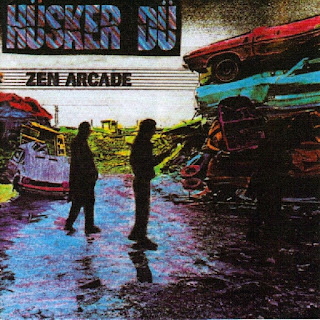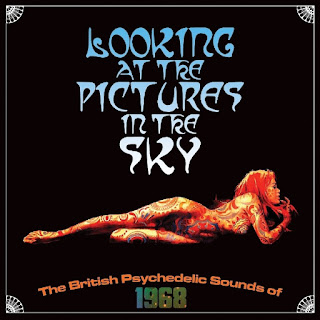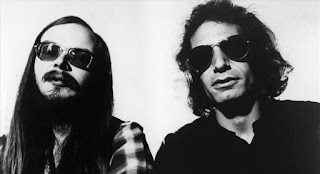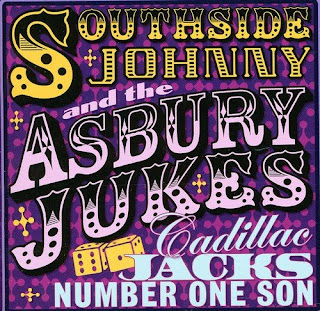 |
| Zappa photo by Bruce Linton, courtesy Universal Music |
Working with Eyellusion, ‘live music’s premier hologram production company,’ the Zappa Family Trust has developed Frank Zappa – Back On The Road: The Hologram Tour. According to the bloato-hype accompanying the estate’s press release, ‘Hologram Frank’ will provide fans “an opportunity to experience the prolific, eclectic and critically acclaimed music legend live in concert again.” Production for the hologram tour will begin later this year with performances expected sometime in 2018.
“I’m thrilled that Frank Zappa will finally be going back out on tour playing his most well-known music as well as some rare and unheard material,” said Ahmet Zappa, co-Trustee of the Zappa Family Trust, in a press release. “We can’t wait to bring his creative work back to the stage with the musicians he loved to play with, such as Steve Vai, Ian Underwood, Adrian Belew, Arthur Barrow, Vinnie Colaiuta, Scott Thunes, Mike Keneally, Denny Walley, Warren Cuccurullo and Napoleon Murphy Brock among others who are committed to being part of this epic endeavor. When I spoke with them, they were excited at the prospect of performing alongside Frank once again and can’t wait to give fans an unforgettable experience.”
Now either Vai, Belew, et al are all strapped for the cash this bad idea might provide them, or else they were all just humoring Ahmet when he rang ‘em up and proposed this horrible example of a craven cash-grab. “Sure, kid, I’d love to play with the disembodied shadow of your late father; can’t think of anything else I’d rather do next year.” I don’t imagine that any of these talented musicians are chomping at the bit to line-up on stage and perform alongside the ghostly image of their former bandleader. I realize that the Zappa Family Trust has been hemorrhaging cash and is allegedly millions of dollars in debt, but pimping out the corpse of dear ol’ dad isn’t the way to dig out of the hole.
 |
| Zappa photo by Greg Gorman, courtesy Universal Music |
Yikes, that’s a self-serving line of bullshit…and no matter what side of the Zappa family feud you come down on, you have to admit that Dweezil has done more to keep his father’s music alive by performing it publically over this past decade as “Zappa Plays Zappa” than anything that Ahmet has achieved by whoring out their father’s legacy with a steady flow of “product” that includes CD reissues, a glut of live recordings, and gratuitous vinyl reissues. If I were the 40% half of the trust (i.e. Dweezil and Moon), I’d be challenging Ahmet’s oversight, its millions of dollars of debt in spite of the abundance of major label reissues, and other issues that have created familial discord, not the least of which is this crappy hologram tour idea.
I never knew Frank Zappa personally, but I know enough about the man and his music from a lifetime of listening and researching my Frank Zappa Buying Guide book to believe that Frank the Artist would hate this idea. A musical perfectionist and restless creative spirit whose legend is built not only on his compositional genius and immense six-string skills but also on his improvisational abilities, ‘Hologram Frank’ will display none of these attributes when performing alongside whatever high-profile former sidemen the ignorant half of the family can bribe to tour with the evanescent apparition of Daddy dearest. This isn’t rock ‘n’ roll, it’s zombie karaoke, and woe upon any of you that support this shitshow by buying a ticket.
















![Walter Becker photo by Arielinson (Own work) [CC BY-SA 4.0 (http://creativecommons.org/licenses/by-sa/4.0)], via Wikimedia Commons](https://blogger.googleusercontent.com/img/b/R29vZ2xl/AVvXsEjm-FSXvKJv7a0EG4FgWBrPWLIY5jogh922YR7zAk7zhqNreD9ZjCHSBL51fmpXJmDDo9TN0q-eChEjReHQC8fNN8qMqVB0uc7GA-XbSBsl6GqSShDm3ZIibHjdFna8Qc7zCRwZNqFMdCc/s320/Walter-Becker.jpg)








